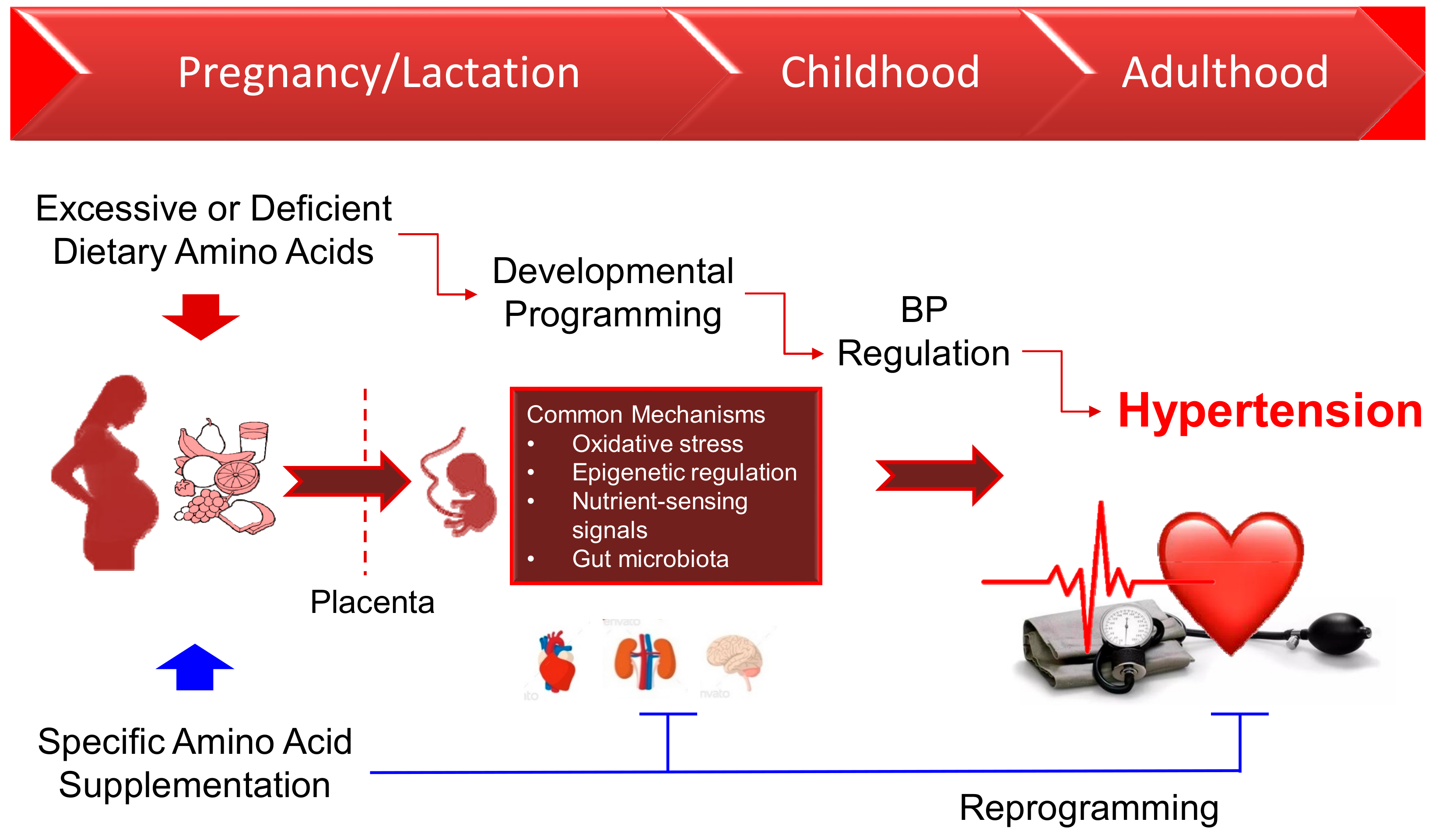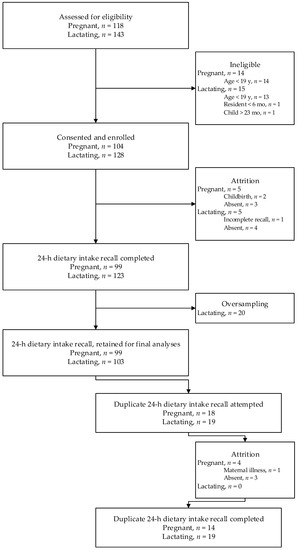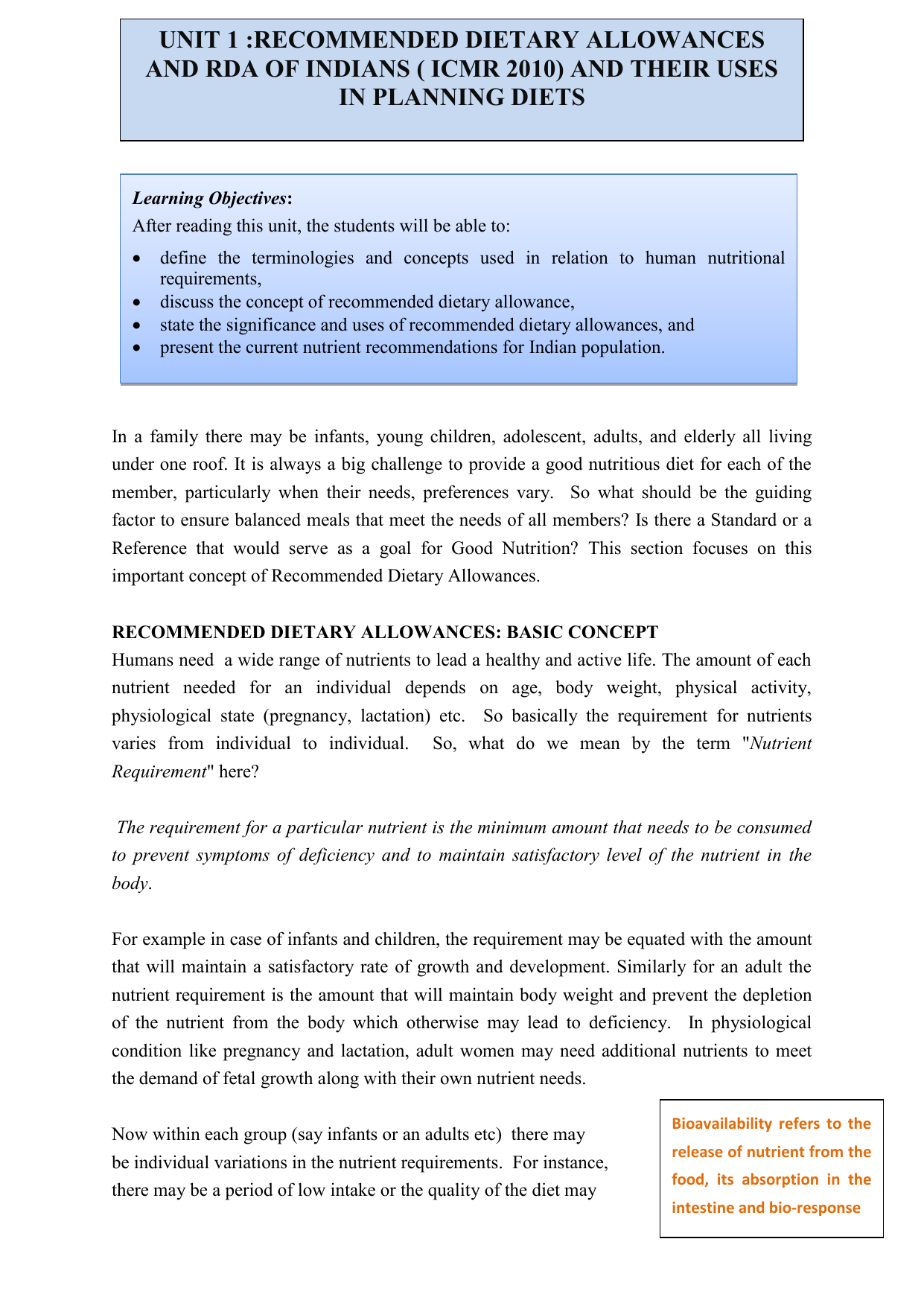Assessment Of Dietary Vitamin D Requirements During Pregnancy And Lactation
Approach to answering the question nesr systematic review.
Assessment of dietary vitamin d requirements during pregnancy and lactation. What is the relationship between vitamin d from supplements and or fortified foods consumed before and during pregnancy and lactation and specific health outcomes. The history of dietary vitamin d requirements and recommendations issues of toxicity and hypervitaminosis d and the specific issues that pertain to pregnancy and lactation are. In keeping with recommendations by the u s.
The appropriate dose of vitamin d during pregnancy and lactation is unknown although it appears to be greater than the current dietary reference intake of 200 400 iu d 5 10 microg d. In 2010 the food and nutrition board at the institute of medicine of the national academies established that an adequate intake of vitamin d during pregnancy and lactation was 600 international units per day 12. Subcommittee pregnancy and lactation subcommittee.
Vitamin d and pregnancy are important together. The guide based on the two most authoritative volumes available on the topic both from the institute of medicine nutrition during pregnancy 1990 and nutrition during lactation 1991 makes the findings and recommendations detailed in these books readily accessible for daily use. Most prenatal vitamins typically contain 400 international units of vitamin d per tablet.
This avenue of research already has begun in the healthy adult population 2 3 and serves as a model for vitamin d supplementation during pregnancy and lactation. This recommendation is irrelevant with respect to maintaining the nutritional vitamin d status of mothers and nursing infants especially among darkly pigmented individuals. Low serum 25 oh vitamin d levels are common.
Expecting mothers need to make sure they get the recommended amounts of vitamin d during pregnancy for both their own well being and the healthy development of their baby. Calcium loss from bone occurs in breastfeeding mothers regardless of dietary intake and is reversed after weaning. Dairy products are good calcium sources.
This reassessment is critical because the currently recommended ai of 200 iu d for vitamin d is useless for maintaining nutritional vitamin. Vitamin d is required for absorption and utilization of calcium. The daily recommended intake for vitamin d during lactation has been arbitrarily set at 400 iu d 10 microg d.

















